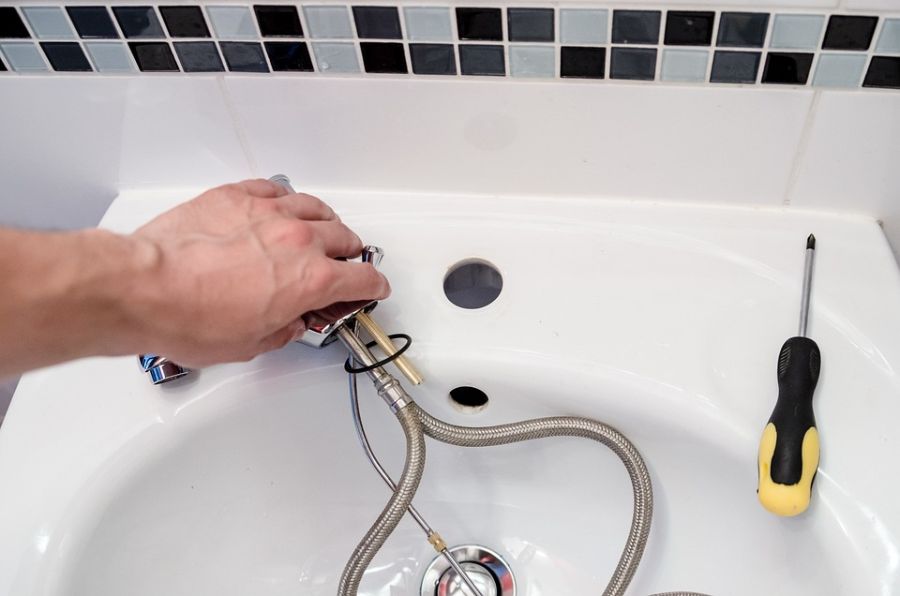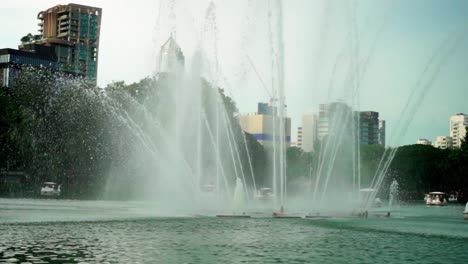Water gushes from beneath your sink at 3 AM. Panic sets in as puddles spread across your kitchen floor. You scramble for towels while searching frantically for someone who can help right now.
This nightmare scenario shows why an emergency plumber becomes worth every penny. Most homeowners don’t think about plumbing professionals until disaster strikes. By then, the choice isn’t about saving money—it’s about saving your home from catastrophic damage.
Understanding the true value of professional emergency plumbing services goes far beyond the hourly rate. Let’s explore what you’re actually paying for when you call for help.
The Speed Factor That Prevents Disaster
Time determines how much damage your plumbing emergency causes. Every minute of delay increases repair costs exponentially.
A burst pipe releases roughly 400 gallons of water per hour. That volume floods rooms, soaks into walls, and damages everything it touches. Within three hours, you’re facing thousands in water damage costs.
Response time matters most during genuine emergencies. Reputable professionals answer calls within minutes and arrive within 60 to 90 minutes. That speed stops minor problems from becoming major catastrophes.
The Insurance Protection Nobody Talks About
Professional plumbers carry liability insurance and provide guarantees. These protections offer value that far exceeds the service cost.
When an emergency plumber causes accidental damage, their insurance pays for repairs. Broken tiles, damaged fixtures, or water stains—you face no out-of-pocket costs for their mistakes.
Guarantees protect you from failed repairs. Reputable professionals warranty their work for 12 months or longer. If something goes wrong, they return and fix it for free. That peace of mind has real financial value.
Your home insurance policy contains clauses about plumbing work. DIY repairs that fail often void coverage for resulting damage. Insurance adjusters look for evidence of professional service. Without it, you might pay for everything yourself.
Professional documentation matters when selling property. Home surveys identify amateur plumbing work. Buyers demand price reductions or professional corrections before completing purchases. Proper invoices and certificates prove work was done correctly.
Hidden Costs of DIY Emergency Repairs
DIY looks cheaper until you calculate actual expenses. Emergency situations magnify every mistake and multiply every cost.
Wrong parts purchases add up fast. Late-night hardware shop trips yield limited options. You buy what’s available, not what’s correct. Each mistake means another expensive trip and more wasted time.
Tool costs surprise most people. Basic plumbing repairs need wrenches, cutters, torches, and specialised fittings. A complete toolkit runs £150 to £300. You’ll use most tools once and never again.
Failed repairs create compounding problems. A botched pipe joint leaks inside your wall for weeks before you notice. By then, mould grows, timbers rot, and structural damage exists. Your £50 DIY attempt becomes a £3,000 professional remediation job.
Time has value that’s easy to ignore. Spending your entire weekend fighting a plumbing problem means missing family activities, rest, and other priorities. When you value your time properly, professional help often costs less than DIY.
Safety Issues That Demand Professional Attention
Some plumbing emergencies create immediate danger. Amateur repairs in these situations risk injury or death.
Gas leaks require Gas Safe registered engineers. Only certified professionals can legally work on gas systems. DIY gas work invalidates your home insurance and potentially kills your family through explosion or carbon monoxide poisoning.
Pressurised systems need careful handling. Sealed heating systems and unvented cylinders operate under high pressure. Mistakes during emergency repairs can cause explosions or severe scalding injuries.
Sewage exposure creates health hazards. Raw sewage contains E. coli, hepatitis, and numerous pathogens. Professional emergency plumbers have protective equipment and know decontamination procedures. You probably don’t.
Electrical risks appear in many plumbing emergencies. Water and electricity create lethal combinations. Professionals know how to work safely around electrical systems and when to call electricians for help.
Structural concerns arise during major leaks. Water damage weakens ceilings, floors, and walls. Professionals assess structural integrity and know when additional support or immediate evacuation becomes necessary.
The Building Regulations Complexity
Plumbing work must comply with building regulations. Professional plumbers navigate these requirements automatically. Most homeowners don’t even know they exist.
Certain repairs require notifications or approvals. New waste pipes, water supply alterations, and bathroom renovations often need building control involvement. Non-compliant work creates legal problems when you sell your property.
Cross-contamination prevention requires specific backflow devices and air gaps. These regulations protect drinking water from contamination by waste water. Amateur installations frequently violate these rules without realising it.
Professionals provide required certifications. Some work needs completion certificates for building control records. Without these documents, mortgage lenders and buyers question whether work was done legally.
Part G regulations govern water systems. Part H covers drainage and waste disposal. Part L addresses heating system controls. Each section contains detailed requirements that professionals memorise through training and experience.
What You’re Actually Paying For
Emergency plumbing rates reflect more than just labour. You pay for availability, expertise, insurance, and peace of mind.
24/7 availability costs money to maintain. Plumbers keep stock vehicles ready with parts and tools. They sacrifice sleep and family time to answer your midnight call. Premium rates compensate for this availability.
Years of training justify professional fees. Apprenticeships, exams, and ongoing education cost time and money. That investment produces the expertise that solves your problem quickly.
Business expenses add to service costs. Insurance, vehicle maintenance, tool replacement, and certification renewals all factor into pricing. These overheads ensure quality service and proper protection.
Risk premium reflects liability. Professionals accept responsibility for their work and any resulting damage. That accountability has financial value you receive through their insurance coverage.
The Bottom Line on Professional Value
Emergency plumbing services cost more than standard appointments. That premium buys speed, expertise, insurance protection, and peace of mind during your worst home ownership moments.
Professional plumbers prevent small problems from becoming disasters. Their diagnostic skills, proper tools, and years of experience solve issues correctly the first time.
DIY attempts during emergencies usually worsen situations. Water damage compounds while you fumble with unfamiliar repairs. Professional intervention stops damage immediately and fixes problems permanently.
Featured Image Source: https://pixabay.com/photos/plumber-repair-tap-battery-2788332






